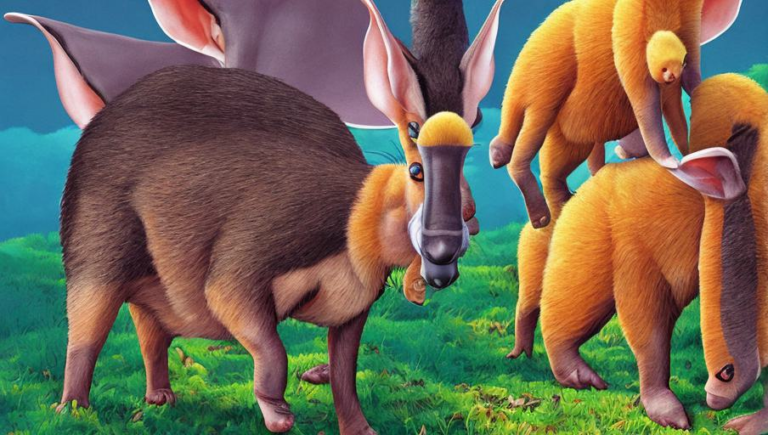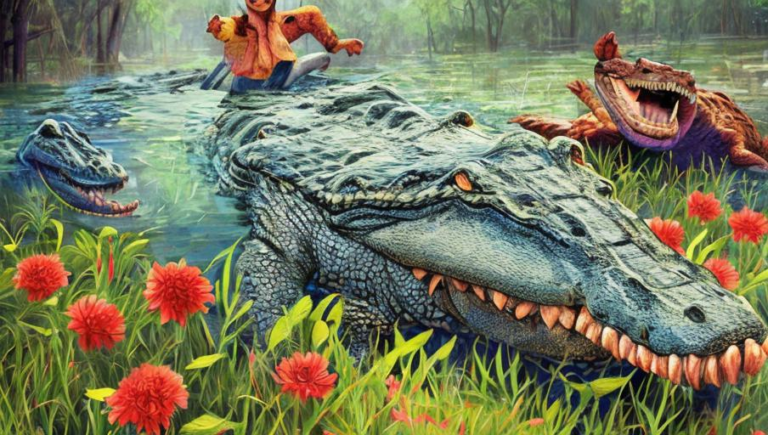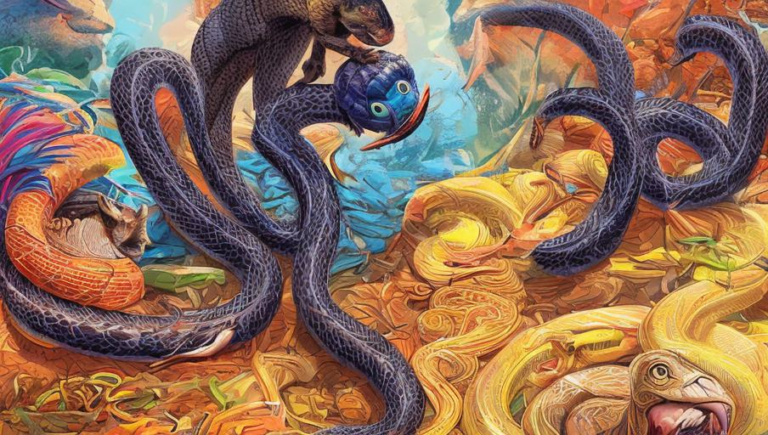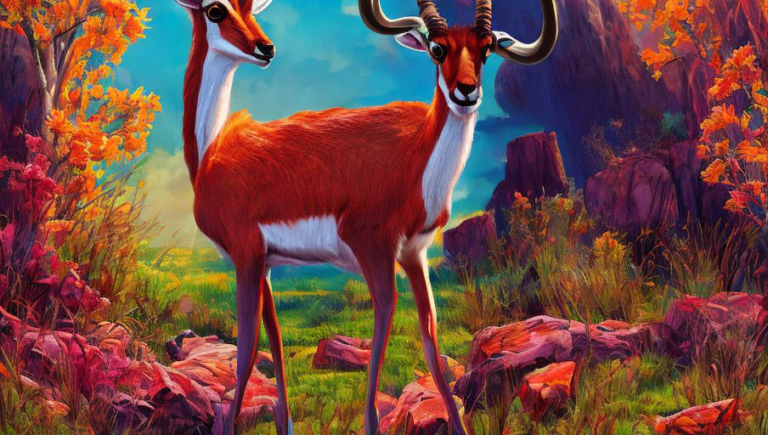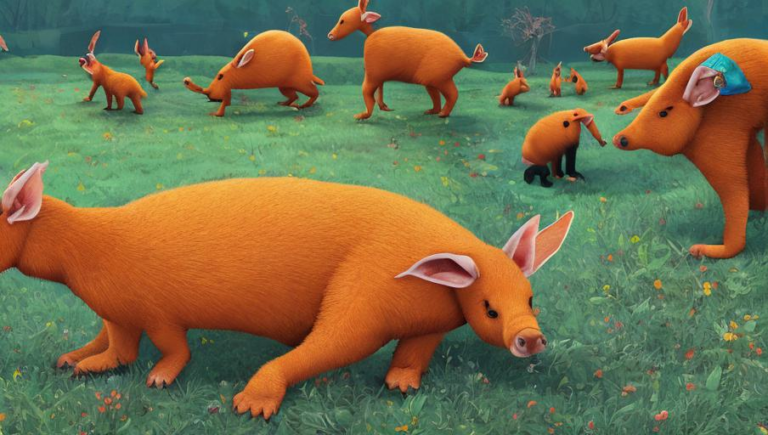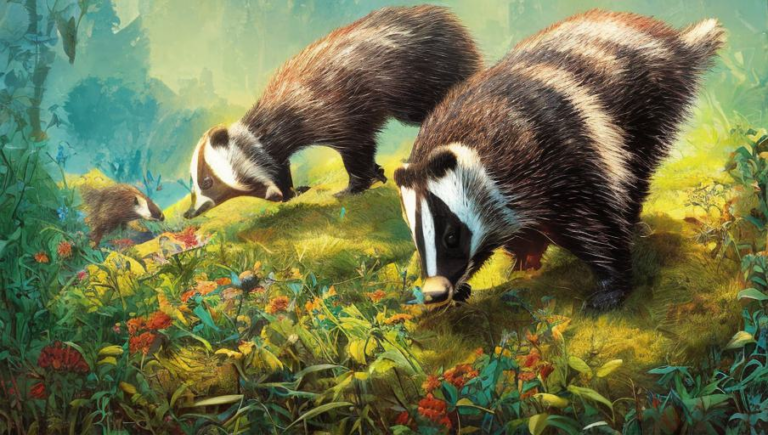Glimpsing Into the Life of an Albatross
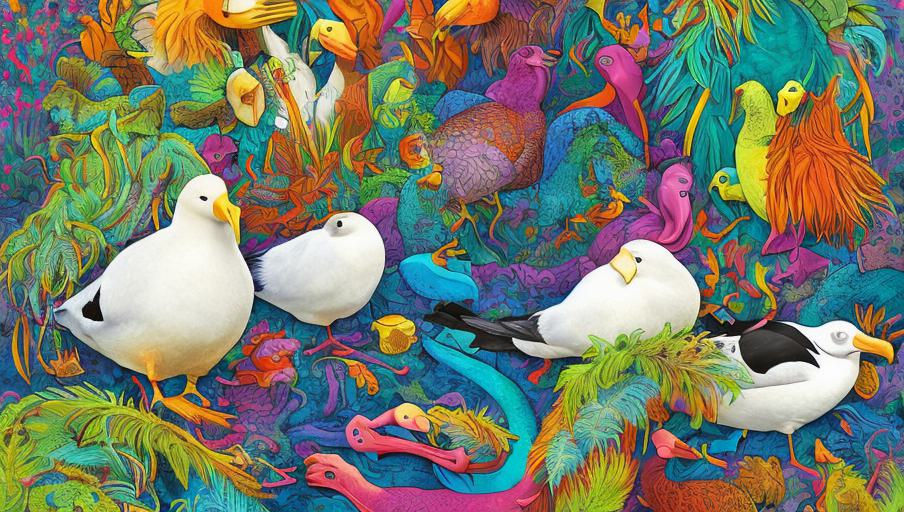
Albatross: A Fascinating Species
The albatross is an incredible species of seabird that can be found in oceans all around the world. This species is known for its large wingspan and its ability to remain airborne for long periods of time. Albatrosses have a unique way of gliding through the air with minimal effort, allowing them to cover large distances and conserve their energy.
The Diet of an Albatross
Albatrosses mainly feed on small fish and squid that swim near the surface of the ocean. They also consume other marine organisms such as crustaceans, mollusks, and plankton. To get their food, albatrosses use their long beak to scoop up the food from the ocean and swallow it whole. Albatrosses also scavenge for food, which means that they feed on dead animals that have washed up on shore.
Albatross Breeding and Nesting Habits
Albatrosses mate for life, and they usually lay one egg every one to two years. The parents take turns incubating the egg and feeding the chick. The chicks usually fledge after a few months, but they remain dependent on their parents for up to two years. Albatrosses usually nest in colonies, and they often form strong social bonds with other members of the colony.
Threats to the Albatross Population
Unfortunately, albatrosses face many threats, such as habitat loss, pollution, and climate change. Additionally, albatrosses are particularly vulnerable to longline fishing, as they are often attracted to the baited hooks and can become entangled in the lines. Conservation efforts are being made to protect this species, but there is still much work to be done.
Conclusion
The albatross is an amazing creature that deserves to be protected and respected. It is important to remember that we share the planet with many other species, and we must work together to ensure their survival. By doing our part to protect the environment and reduce our impact on the planet, we can help protect the albatross and other species from extinction.
